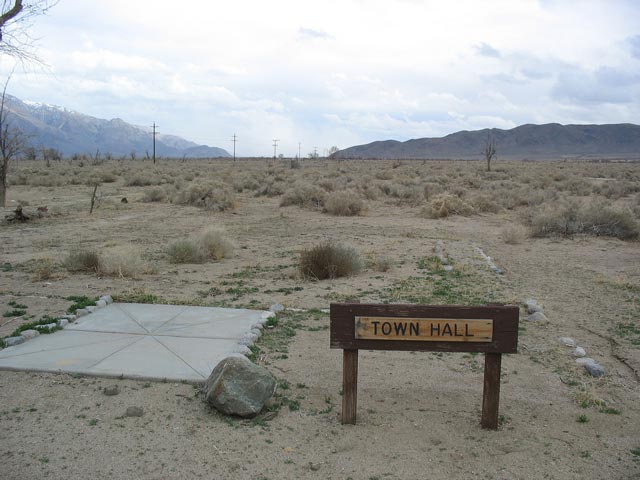
August 17th, 2017; The Washington Post
After a series of heated debates at town hall meetings, many members of the U.S. House of Representatives have decided to not hold these public forums for the time being. The Washington Post contacted every House member to determine whether they would be holding a town hall meeting during the month-long recess in August. What they discovered was that only about 30 percent had confirmed town hall meetings with their constituents during this month. Instead, some have opted for scheduled small group meetings with constituents, virtual meetings, or phone calls. Others have resorted to screening town hall attendees so that activists would not be allowed into these meetings.
It may not seem like a big deal, since constituents who want to share their views can still schedule a meeting with their House representative. But without town hall meetings, constituents can no longer publicly hold their representatives accountable for their positions. Public events are a good way to demonstrate how many constituents support or oppose legislation that ultimately impacts them. Signatures on a petition have far less impact than a crowd of people at a town hall meeting.
The idea of screening attendees is particularly concerning, because it essentially ensures that a Congressional member would only speak to a cheering crowd. Norm Ornstein, a congressional ethics expert, says, “Even when you had the conservative outrage over Obamacare, I don’t recall anyone trying to preselect attendance. The unwillingness to take criticism or any heat from legislative decision is really unusual.”
This has all led to a “damned if you do, damned if you don’t” sentiment surrounding town hall meetings. Former Rep. Charles Bass, a Republican from New Hampshire, says, “People who are angry—and boy, are they angry right now—are motivated to come out. But, if you don’t have them, constituents are not only angry at you, they’re frustrated.”
Sign up for our free newsletters
Subscribe to NPQ's newsletters to have our top stories delivered directly to your inbox.
By signing up, you agree to our privacy policy and terms of use, and to receive messages from NPQ and our partners.
David Pasch, a spokesperson for Rep. Peter Roskam, (R-IL), says, “As we’ve seen around the country, large, unstructured events tend to dissolve into shouting matches. Both sides compete with each over who can scream the loudest, while the people who are interested in an actual, productive dialogue are denied the opportunity to hear and be heard.” Nudging this thinking along is a number of videos and social media posts showing angry crowds growing increasingly unruly as town hall meetings progress.
It appears that grassroots movements have also begun to catch onto the idea that contentious town hall meetings are not the most effective way of implementing change. For instance, the progressive movement Indivisible published a document guiding activists on how to affect change through “polite but persistent questioning.” A Congressional Management Foundation study indicated that while confrontation is satisfying, ultimately it is not effective at impacting legislation.
So if not at town hall meetings, where will Congress members hear from their constituents? Some Representatives are taking refuge in online events, which they say count for connection to their constituents. A 2009 Congressional Management Foundation study looked at 21 online town hall sessions and found that attendees did not engage in offensive behavior, the discussions were high quality, and more people engaged in politics. Further, constituents’ approval of their Congressional member increased.
Unfortunately, experts say this does not allow for as much productive discussion as in-person meetings. The Washington Post reported that “Mark J. Rozell, dean of the Schar School of Policy and Government at George Mason University, said public town halls are a critical component of a democratic system based on accountability. Lawmakers can’t achieve the same level of communication through mass conference calls, known as ‘tele-town halls,’ or Facebook Live events.” NPQ has discussed this issue in the past: Contact with your constituents, inclusive decision-making, and engaging affected members community is absolutely necessary for good governance. If lawmakers want to represent the people, they need to meet the people; perhaps there is a better solution to their constituents’ anger than avoiding it.—Sheela Nimishakavi













